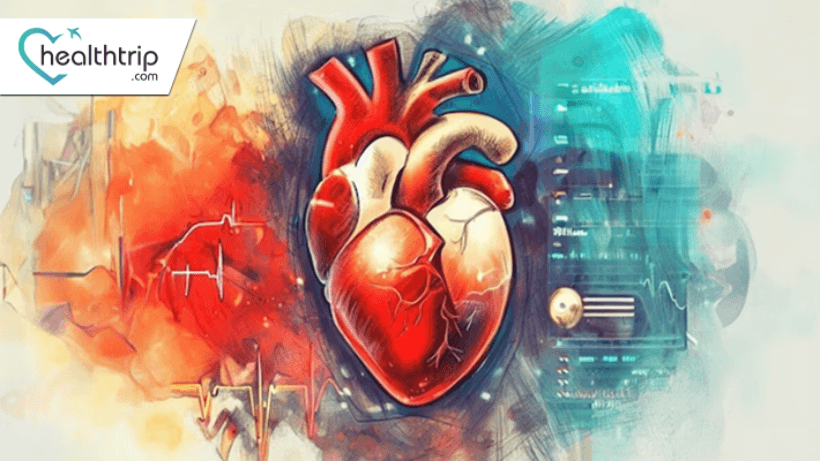
The Latest Advancements in Cardiac Care in India
13 Nov, 2023
 Healthtrip Team
Healthtrip TeamCardiovascular diseases (CVDs) continue to be a significant health concern worldwide, including India. However, in recent years, India has made remarkable strides in the field of cardiac care. With advancements in technology, innovative procedures, and a growing number of specialized cardiac centers, the country is at the forefront of cardiac care. In this blog, we will explore some of the latest advancements in cardiac care in India.
Most popular procedures in India
1. Minimally Invasive Cardiac Surgery:
Minimally invasive cardiac surgery is a surgical approach that involves performing heart surgeries through small incisions, often with the assistance of specialized instruments and robotic technology. This method minimizes the need for large, open chest incisions.
Wellness Treatments
Give yourself the time to relax
Lowest Prices Guaranteed!

Lowest Prices Guaranteed!
Let's look how Minimally Invasive Cardiac Surgery is transforming cardiac care:
1. Reduced Trauma: One of the primary advantages of minimally invasive cardiac surgery is the significant reduction in trauma to the chest compared to traditional open-heart surgery. This results in less pain and discomfort for patients.
2. Shorter Hospital Stays: Patients undergoing minimally invasive procedures typically spend less time in the hospital. This not only reduces healthcare costs but also allows patients to return to their normal lives more quickly.
3. Faster Recovery: With smaller incisions and less tissue disruption, patients experience faster recoveries. They can resume their daily activities, including work and exercise, in a shorter amount of time.
4. Lower Infection Risk: Smaller incisions also lower the risk of surgical site infections, contributing to better overall patient outcomes.
5. Suitable for High-Risk Patients: Minimally invasive techniques are particularly beneficial for high-risk patients who may not tolerate the physical stress of traditional open-heart surgery. These patients now have access to life-saving procedures with reduced risks.
2. Interventional Cardiology:
Interventional cardiology focuses on treating heart conditions through catheter-based procedures, such as angioplasty, stent placement, and structural heart interventions, without the need for open surgery. It involves threading a catheter through blood vessels to reach the heart.
Let's look how Interventional Cardiology is transforming cardiac care
1. Less Invasive: Interventional cardiology procedures are far less invasive than open-heart surgery. They often only require a small incision or access through a blood vessel, reducing physical trauma to the patient.
2. Rapid Recovery: Patients undergoing interventional procedures typically experience faster recovery times compared to those who have open-heart surgery. They may leave the hospital within a day or two after the procedure.
3. Lower Risks: The reduced invasiveness of interventional cardiology procedures leads to fewer complications and lower risks of infection, bleeding, and other surgical complications.
4. Effective Treatment: Interventional cardiology techniques are highly effective in treating conditions such as coronary artery disease, heart valve disorders, and structural heart defects. Stent placement, for example, restores blood flow in narrowed arteries, reducing the risk of heart attacks.
5. Acute Cardiac Care: Interventional cardiology has become crucial in the treatment of acute cardiac conditions, such as heart attacks. Timely interventions can save lives and minimize heart damage.
3. 3D Printing for Surgical Planning:
3D printing technology is used to create precise, patient-specific models of the heart and its structures, allowing surgeons to visualize and plan complex cardiac procedures in advance.
Let's look how 3D Printing for Surgical Planning is transforming cardiac care
1. Precision Planning: Surgeons can use 3D-printed models to meticulously plan surgeries with unparalleled accuracy. They can simulate the entire procedure on the model, identifying potential challenges and solutions before the actual surgery.
2. Reduced Errors: Practicing on 3D models minimizes the risk of errors during surgery, improving patient safety and outcomes.
3. Customization: Each 3D-printed model is tailored to the individual patient, taking into account their unique cardiac anatomy. This customization enhances the precision of surgical procedures.
4. Complex Surgeries: The technology is particularly valuable for complex cardiac surgeries, such as repairing congenital heart defects, where precision and thorough planning are critical.
5. Enhanced Education: 3D-printed models also serve as educational tools, allowing surgical teams to better understand the patient's anatomy and the intricacies of the procedure.
Minimally invasive cardiac surgery, interventional cardiology, and 3D printing for surgical planning are revolutionizing cardiac care by making treatments less traumatic, more precise, and patient-specific. These approaches offer numerous benefits, including shorter recovery times, reduced risks, and improved patient outcomes, ultimately enhancing the overall quality of cardiac care.
4. Telemedicine:
Telemedicine involves the use of telecommunications technology to provide remote healthcare services. In the context of cardiac care, it allows patients to consult with cardiovascular specialists from the comfort of their homes through video calls or phone calls.
How it transforms cardiac care:
1. Accessibility: Telemedicine breaks down geographical barriers, ensuring that patients in remote areas or those who find it challenging to travel can still receive expert cardiac consultations.
2. Convenience: Patients no longer need to spend hours traveling to a healthcare facility, waiting in queues, or taking time off work for appointments. Telemedicine offers convenience and flexibility.
3. Continuity of Care: During the COVID-19 pandemic, telemedicine became a lifeline for patients who needed ongoing care. It ensured that individuals with chronic heart conditions could maintain their treatment plans while reducing the risk of exposure to the virus.
4. Early Intervention: Telemedicine allows healthcare providers to monitor patients remotely and detect potential issues before they become severe. This early intervention can prevent complications and reduce hospitalizations.
5. Patient Engagement: Patients actively engage in their own healthcare by participating in virtual consultations and following up with their healthcare providers. This involvement fosters a sense of responsibility and encourages healthier lifestyle choices.
Telemedicine is transforming cardiac care by improving accessibility, convenience, continuity of care, early intervention, and patient engagement, ultimately leading to better outcomes for individuals with heart conditions.
5. Artificial Intelligence (AI) and Machine Learning (ML):
AI and ML algorithms are used to analyze vast datasets containing patient information, medical records, and imaging data. In the context of cardiac care, they play a vital role in predicting and preventing cardiovascular events.
Let's look how the use Artificial Intelligence (AI) and Machine Learning (ML) is transforming cardiac care
1. Risk Assessment: AI can assess a patient's risk of developing heart disease or experiencing a cardiac event. It considers multiple factors, such as age, genetics, lifestyle, and medical history, to provide a personalized risk assessment.
2. Treatment Optimization: AI can assist healthcare providers in tailoring treatment plans. By analyzing patient data, it can recommend the most effective medications, interventions, or lifestyle changes for an individual's specific needs.
3. Early Diagnosis: Machine learning algorithms can identify subtle patterns and anomalies in medical images and ECG data, aiding in the early diagnosis of heart conditions like arrhythmias, valve disorders, and coronary artery disease.
4. Data Management: AI helps streamline the management of vast amounts of patient data, making it easier for healthcare providers to access relevant information quickly and make informed decisions.
5. Reduced Human Error: By automating certain tasks, AI and ML minimize the risk of human error in diagnosis and treatment planning, ultimately improving patient safety.
6. Structural Heart Interventions:
Structural heart interventions involve repairing or replacing heart valves, closing holes in the heart (such as atrial septal defects or patent foramen ovale), or treating other structural abnormalities using minimally invasive techniques.
Let's look how Structural Heart Interventions is transforming cardiac care
1. Minimally Invasive: Unlike traditional open-heart surgery, structural heart interventions are performed through catheters, eliminating the need for large incisions. This results in shorter hospital stays, reduced pain, and faster recoveries.
2. Broader Patient Eligibility: Patients who may not be candidates for open surgery due to age or other health factors can often undergo these minimally invasive procedures, expanding treatment options.
3. Improved Outcomes: With less trauma to the body, patients typically experience fewer complications and a quicker return to their normal activities.
4. Innovative Valve Therapies: Procedures like transcatheter aortic valve replacement (TAVR) and transcatheter mitral valve repair (TMVR) are becoming more accessible, offering effective alternatives for patients with valve disorders.
7. Cardiac Rehabilitation Programs:
Cardiac rehabilitation is a structured program that combines exercise, education, counseling, and lifestyle modifications to improve the heart health and overall well-being of individuals recovering from heart-related conditions.
Let's look how Cardiac Rehabilitation Programs are transforming cardiac care
1. Holistic Approach: Cardiac rehabilitation programs address not only physical but also emotional and psychological aspects of recovery, helping patients cope with the emotional challenges of cardiac events.
2. Tailored Programs: Using technology, these programs can customize exercise regimens and educational content to meet each patient's unique needs and fitness levels.
3. Risk Reduction: Through education and support, cardiac rehabilitation programs empower patients to make healthier choices, reduce their risk of further heart events, and improve their overall cardiovascular health.
4. Long-Term Benefits: Patients who complete cardiac rehabilitation programs often experience better long-term outcomes, including reduced hospital readmissions and a lower risk of recurrent cardiac events.
5. Patient Empowerment: By actively participating in their recovery, patients gain confidence in managing their heart health, leading to a better quality of life.
India has made significant progress in cardiac care, thanks to advancements in technology, skilled healthcare professionals, and a growing focus on patient-centric care. These latest developments are helping patients receive more efficient, less invasive, and personalized treatments for their cardiovascular conditions. As the field of cardiac care continues to evolve, India remains at the forefront, offering hope and improved quality of life for cardiac patients across the nation.
India's progress in cardiac care is a testament to its commitment to patient-centric treatment. If you or a loved one seeks cardiac treatment in India, Visit Cardiac Treatment in India - Cost, Hospitals, Doctors | HealthTrip to explore world-class options. Embrace these transformative advancements and experience the future of cardiac care in India today. Your heart deserves the best.
Related Blogs
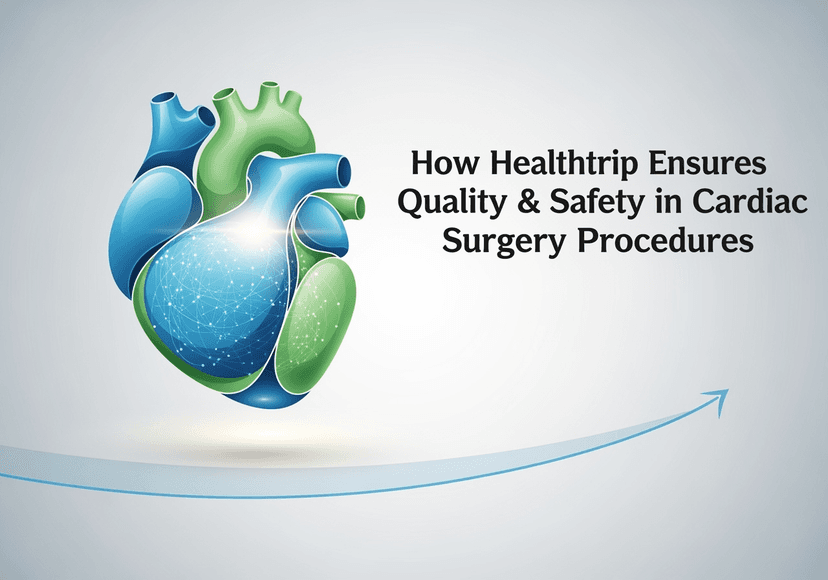
How Healthtrip Ensures Quality & Safety in Cardiac Surgery Procedures
Detailed guide on cardiac surgery, featuring doctors, hospitals, risks, recovery,
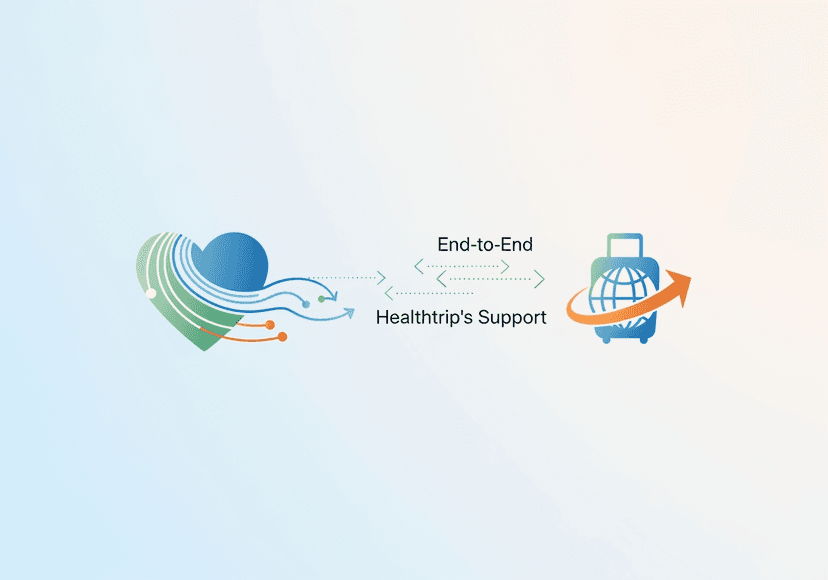
End-to-End Logistics for Cardiac Surgery with Healthtrip's Support
Detailed guide on cardiac surgery, featuring doctors, hospitals, risks, recovery,
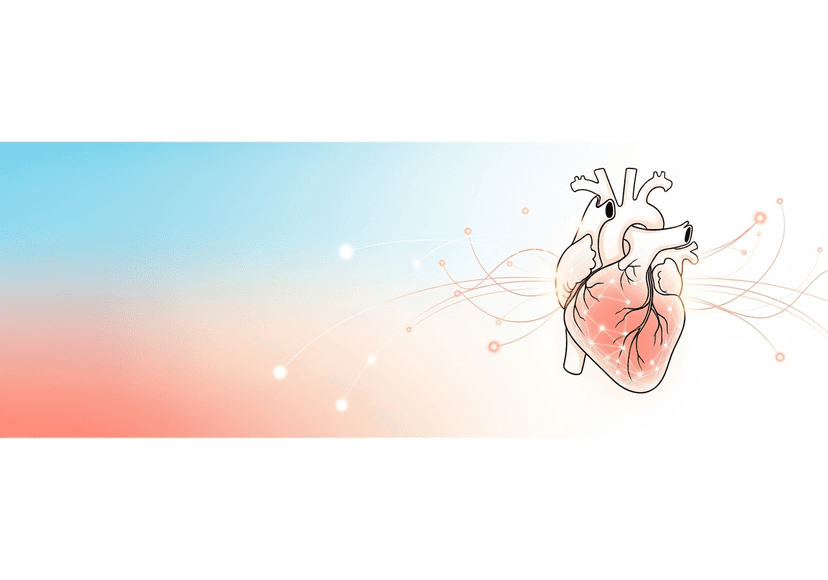
Healthtrip's Care Coordinators: Your Support During Cardiac Surgery
Detailed guide on cardiac surgery, featuring doctors, hospitals, risks, recovery,
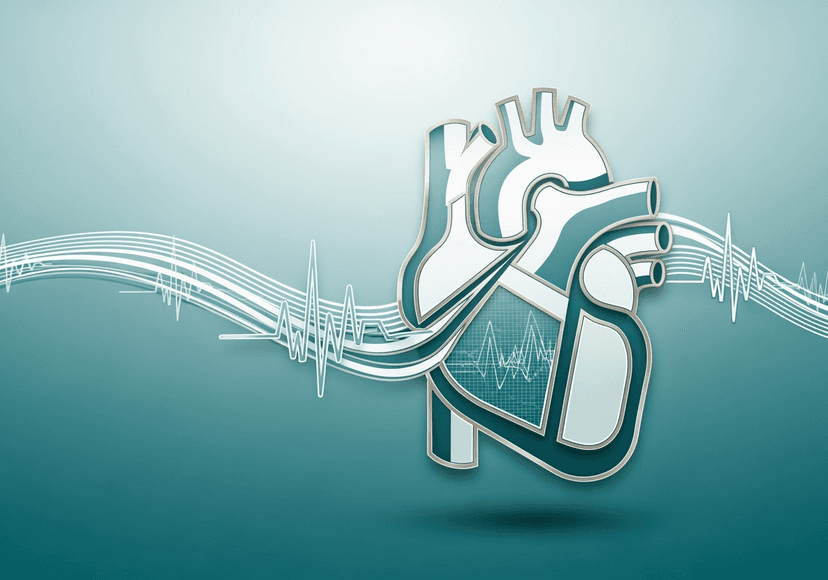
Top 5 Indian Hospitals for Cardiac Surgery
Detailed guide on cardiac surgery, featuring doctors, hospitals, risks, recovery,
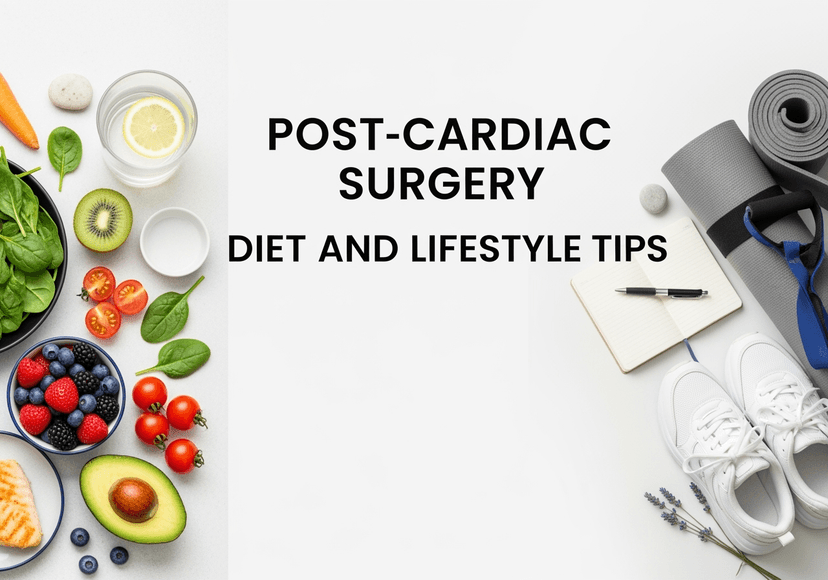
Post-Cardiac Surgery Diet and Lifestyle Tips
Detailed guide on cardiac surgery, featuring doctors, hospitals, risks, recovery,
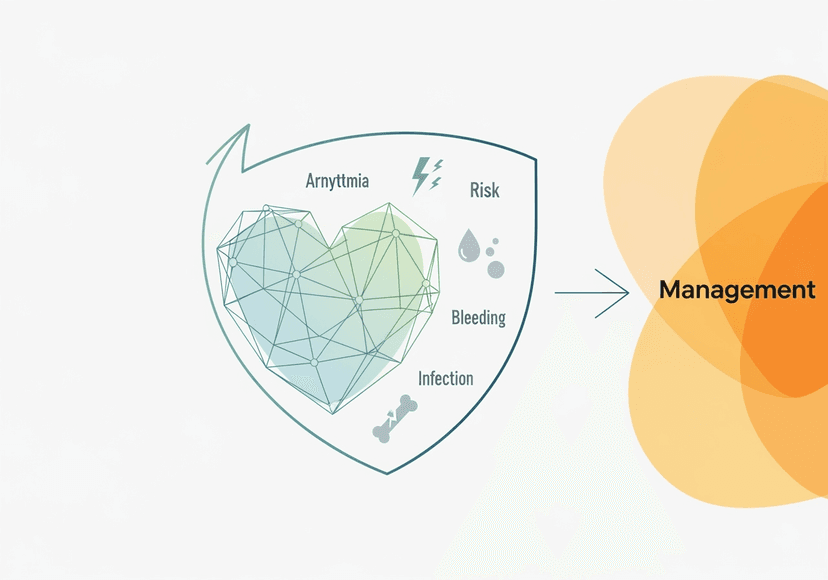
Common Risks in Cardiac Surgery and How Healthtrip Manages Them
Detailed guide on cardiac surgery, featuring doctors, hospitals, risks, recovery,










